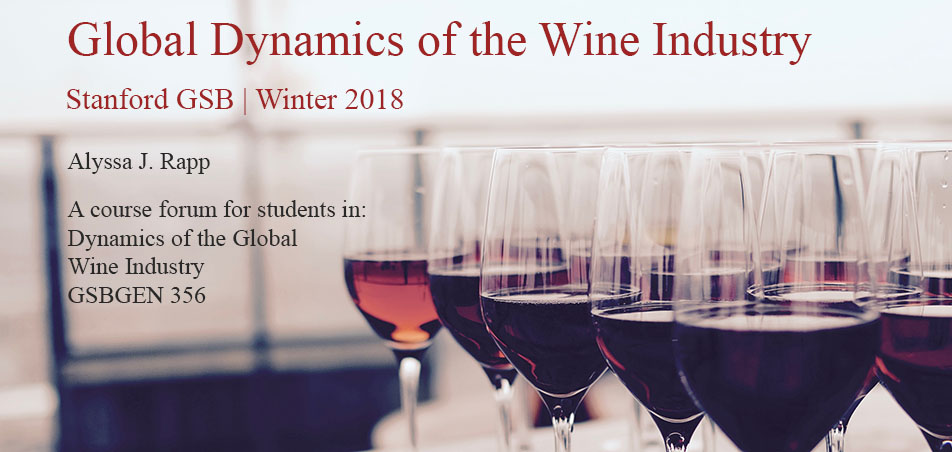Tuesday, January 30, 2018
Partnership Potential in BYOB Cities
I went to college in Philadelphia where restaurants struggle to acquire liquor licenses, both because of the prohibitive cost of the licenses and strenuous regulation. As a result, these restaurants miss out on the hefty margins associated with alcohol sales (they generally charge guests a corking fee- but that is small relative to the potential margins of alcohol sales).
Most Philly BYOBs are restaurants in the lower end of the market, although the growing acceptability (from a branding perspective) in the market has meant that several mid-tier and casual gastro restaurants have gone the BYO route.
Under the current system, guests bring any wine, beer, or liquor of their choice, and the restaurant charges a corking fee which includes chilling (if needed) and serving. For the consumer, the benefit of this system is controlling/limiting the cost of the dinner, choosing their preferred beverage (rather than being limited by a wine/cocktail list), and reducing their meal decisions to just food (for some people having to choose from an extensive wine/cocktail menu is not appealing, and can even be stressful). The downside is that the consumer does not necessarily know how best to match the drink with the meal, and the servers aren't able to help make recommendations. This can hamper the flavor potential of the meal. While this is likely not a concern for the lower end restaurants and consumers who elect to go there, the mid-range gastro restaurants might want to consider the effect of this on the consumer experience, and the opportunity to partner with local liquor stores and/or specific wine/liquor brands as a remedy and (perhaps more impactfully) a potential revenue opportunity.
The basic idea would be for a BYOB restaurant to partner with (a) local liquor store(s) and encourage guests to procure wine/alcoholic beverages for their meal from that store. Customers could be incentivized through deals/discounts, option to deliver/receive bottle at the restaurant (e.g. guest can order online via OpenTable or another app at the time of booking) pairing recommendations, recommended new wines, etc. From the perspective of the liquor store this is an opportunity to increase sales, improve the consistency of cash flows, and/or move inventory (e.g. restaurant recommends inventory that they are trying to move). For the restaurant, this could improve perceived quality, help them to control the guest experience to the fullest extent, and also get a commission off of the liquor store sale. The Philly food scene has a loyal customer culture where establishments have regulars and can confidently anticipate return customers, so it is reasonable to assume that restaurants could have marketing around this at their establishments.
The same could be accomplished through partnerships or *tasteful* endorsements of vineyards/producers (e.g. there could be a vineyard of the month in the same way that restaurants feature the farms that they source produce and meats from).
Would be interested to hear what people think about the merits/limits of this idea!
Subscribe to:
Post Comments (Atom)

No comments:
Post a Comment